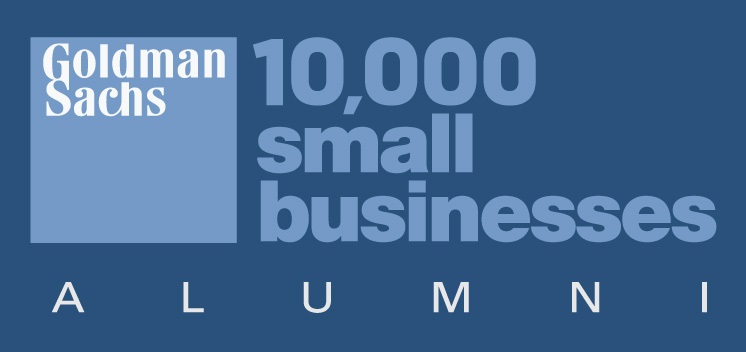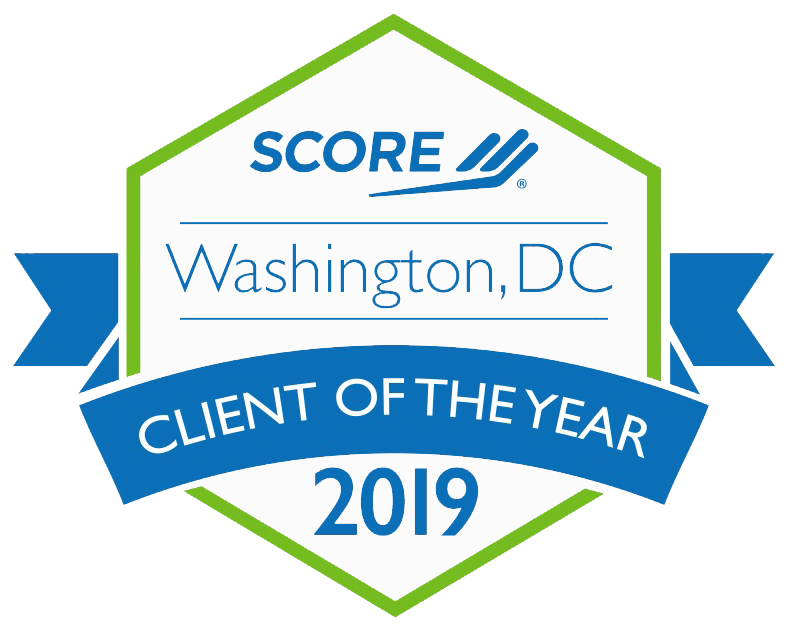Questions on grant applications can vary depending on the funder’s priorities and objectives. However, there are some basic things to expect and organize for when writing an application.

Below, we’ll discuss some of the most common questions on grant applications, and how you can prepare for them.
- Meeting criteria. Think of this section like a job interview. When you go into a job interview, the hiring managers want to know why you’re the best person for the job. As a grant seeker, it’s your job to let the funder know why you check all their boxes. Before applying for the grant, make sure you have a clear understanding of the requirements needed from the funder. If you can’t meet the criteria, you might want to reconsider applying.
- Contact details. This is typically the first and easiest part of the application process. The funder will ask for your organization’s name, address, email, and/or phone number. Should you receive the grant, most funders will expect a member of your leadership team or board member to be the designated contact when it comes to signing contracts. Make sure you get this information ahead of time and store it somewhere that’s easily accessible (also maintaining electronic signatures is a great time saving activity, especially during the time of COVID-19).
- Goals and objectives. Before applying for a grant, your organization should develop a clear vision and mission statement. By solidifying these two items first, you’ll be able to better explain your organization’s goals and objectives and how they align with your vision and mission statement. While you might need to tailor it depending on the application, this should be pretty standard across all applications. This feeds nicely into a logic model and #6 below.
- Background. Funders will almost always ask for a bit of history about your organization. This gives them a better understanding of where you started, where you’re going, and if your mission aligns with theirs.. Most importantly, they want to understand “why” you came into existence and how your organization has changed over the years.
- Evidence of need. Remember, funders review hundreds if not thousands of grant applications on a regular basis. With so many organizations expressing their need for the funding, it can be hard to stand out. The best way to assert your need for the funding is to provide evidence. Have you looked at statistics to see if your geographic area performs above or below the national average? Has your organization conducted surveys or collected other forms of feedback in your community? Citing statistics from recognized sources, including a success story to personalize the need, and providing your own data from previous projects shows you’ve done your research.
- Implementation, monitoring, and evaluating. Once you’ve received the grant, the process doesn’t end there. Funders will ask for reports, so they can track your progress and make sure you’re facilitating their investment successfully. Before you apply for the grant, make sure you have a clear understanding of what the funder expects upon receiving the grant. Having proper tools and processes in place to monitor and evaluate the success of a project in advance will help guide you when it comes to reporting. Think about your logic model and how your goals and objectives align with activities, outputs and outcomes – this makes the evaluation and reporting process more aligned with strategic priorities and impact.
- Budget. Every funder will require a realistic and thought out budget upon application submission. Make sure to include every possible expense, whether that’s direct or indirect costs. Be as detailed as you can, and keep constant communication with the funder should anything change.
- Sustainability. Funders want to know how their investment will fund the project beyond the scope of the grant. Do the best you can to demonstrate how you plan to utilize your own resources to secure ongoing funding for the project. Think about partnerships with other organizations, advocacy, demonstrating a need for the work with increased demand for services, and teaming up with elected officials.
RBW Strategy’s mission is to provide public-serving organizations of any size with high-quality, customized strategic fundraising consulting services. If you need assistance in grant application management, you’ve come to the right place! Learn more about working with us, and contact us today.





